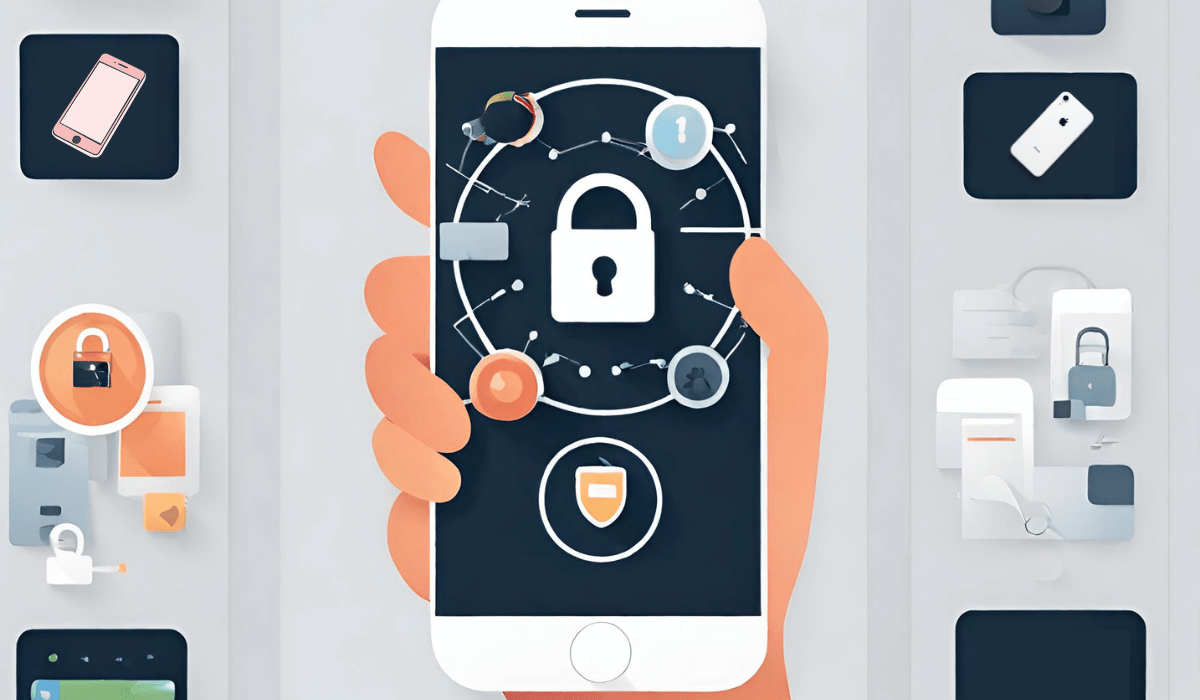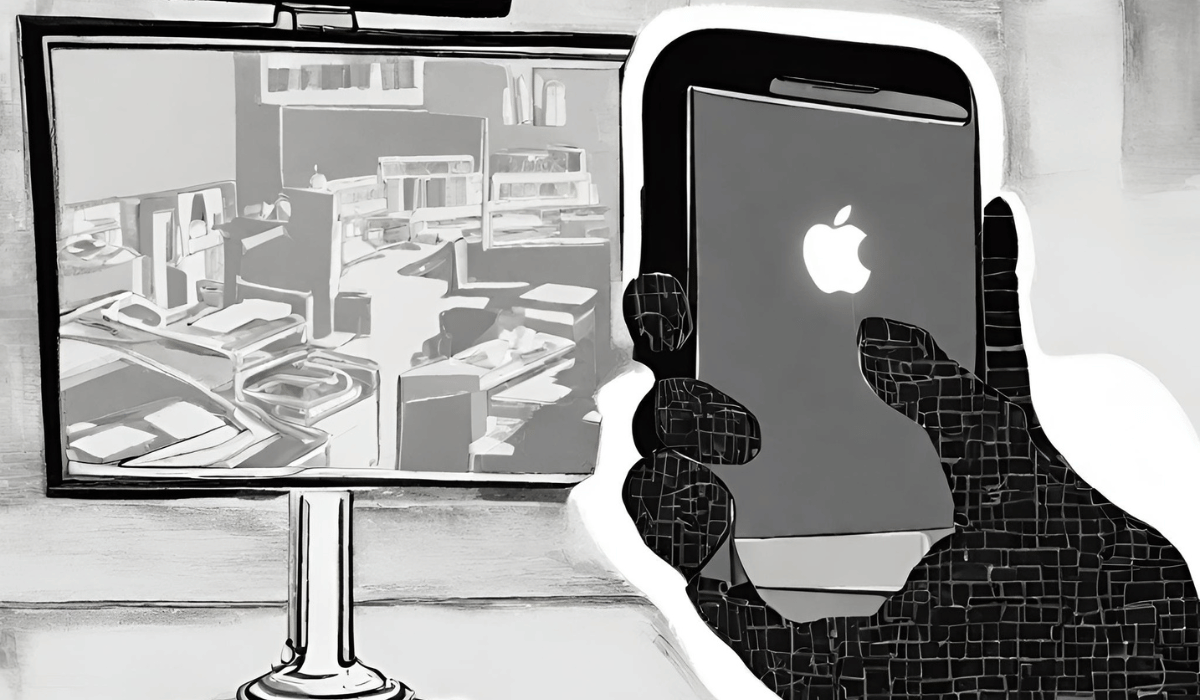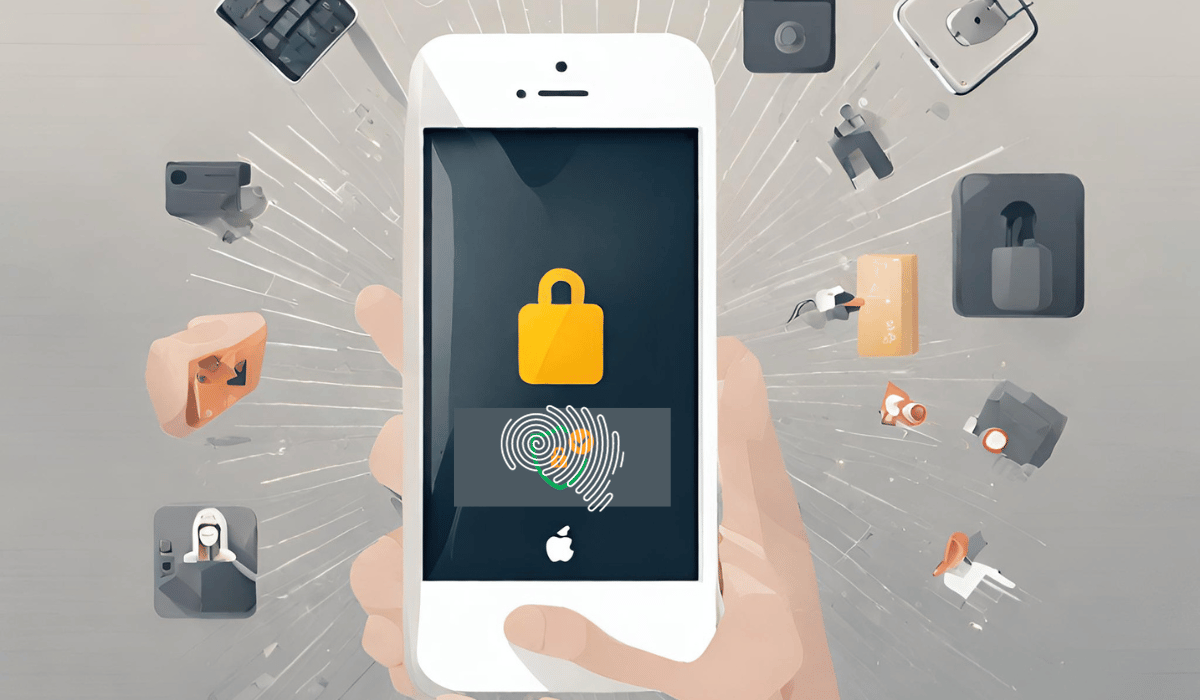Importance of Data and Privacy in iPhones

Data and privacy are of utmost importance in iPhones. Apple has always been committed to protecting the privacy of its users and has implemented several measures to ensure that their data remains secure. One of the key features of iPhones is the use of end-to-end encryption. This means that all data that is transmitted between iPhones is encrypted, making it virtually impossible for anyone to intercept and read the data. This includes messages, emails, and even voice calls.
Understanding iCloud Lock and its Implications
iCloud Lock is another important feature of iPhones that helps protect user data. It is a security feature that prevents unauthorized access to an iPhone by locking it to the user’s iCloud account. This means that even if someone steals an iPhone, they won’t be able to access the data on it without the user’s iCloud login credentials. While iCloud Lock is a useful security feature, it can also have implications for users who forget their iCloud login credentials.
Need for Accessing Data in an iCloud-locked iPhone
If a user forgets their iCloud login credentials, accessing data on an iCloud-locked iPhone can become a challenge. In such cases, the user may need to reset their iCloud password or try to recover their account using Apple’s account recovery process. However, if the user is unable to recover their account, they may need to seek assistance from Apple’s customer support team. It is important to note that attempting to bypass iCloud Lock through unauthorized methods is illegal and can result in severe consequences.
Definition And Purpose of iCloud Lock

iCloud lock, also known as Activation Lock, is a security feature introduced by Apple to prevent unauthorized access to a lost or stolen iPhone, iPad, or iPod Touch. When enabled, iCloud lock requires the user’s Apple ID and password to activate or use the device, even after a factory reset. The purpose of this feature is to deter theft and protect the user’s data from being accessed by unauthorized individuals.
Activation Lock and its Role in Protecting iPhone Data
Activation Lock is a crucial security feature that plays a vital role in protecting iPhone data. It ensures that even if an iPhone is lost or stolen, the data on the device remains secure and inaccessible to unauthorized individuals. This feature is particularly important for individuals who store sensitive information on their iPhones, such as personal contacts, financial information, and login credentials. Without Activation Lock, a stolen iPhone could be easily reset and resold, allowing the thief to gain access to the personal data stored on the device.
Understanding iPhone Security Measures
Activation Lock is just one of the many security measures that Apple has implemented to protect iPhone users’ data. Other security features include Face ID or Touch ID for biometric authentication, passcode protection, and encrypted communication between the device and Apple’s servers. Additionally, Apple regularly releases software updates that include security patches to address any vulnerabilities that may be discovered. It is important for iPhone users to always keep their devices updated to ensure the best possible security.
Risks and Challenges of Unlocking

Unlocking an iPhone can pose several risks and challenges. Firstly, it can void the device’s warranty and potentially damage the device. It can also make the device more vulnerable to security threats, as the security measures put in place by Apple will be bypassed. This can leave the device and its data open to hacking, malware, and other malicious attacks. Additionally, unlocking an iPhone can also lead to compatibility issues with apps and services that require a specific version of iOS or other software.
Limitations And Complexities Involved
Unlocking an iPhone can be a complex process that requires technical knowledge and expertise. It involves modifying the device’s firmware, which can be risky and may lead to unintended consequences. Users who attempt to unlock their iPhones without proper knowledge and experience may end up damaging their devices or losing their data. Moreover, even if the unlocking process is successful, it may not always work as expected. Some apps and features may not function properly, and users may experience compatibility issues with certain software.
Methods for Unlocking an iCloud-Locked iPhone
There are legal methods for unlocking an iCloud-locked iPhone. The first method is to contact the original owner of the device and request that they remove the iCloud lock. If the original owner is not available, you can contact Apple Support and provide proof of ownership to request that they remove the iCloud lock. Another option is to use a third-party unlocking service. However, it is important to ensure that the service you choose is reputable and trustworthy.
Approaches Within The Boundaries of The Law
1. Contact the original owner: If you purchased a used iPhone that is iCloud-locked, try to contact the original owner and ask them to remove the iCloud lock. If you’re lucky, they may be willing to help you out.
2. Contact Apple Support: If you can’t contact the original owner, you can try contacting Apple Support and providing proof of ownership.
After Unlocking: Data and Privacy Considerations
When it comes to unlocking an iCloud-locked iPhone, it’s important to consider the data and privacy implications. Here are some things to keep in mind:
1. Data loss: If you try to unlock an iCloud-locked iPhone using unofficial methods, there’s a risk of data loss. Make sure to back up your data before attempting any unlocking methods.
2. Privacy: Be aware that unlocking an iCloud-locked iPhone may compromise the previous owner’s privacy.
Frequently Asked Questions (FAQs)
Can I legally unlock an iCloud-locked iPhone?
It’s important to note that unlocking an iCloud-locked iPhone without the owner’s permission may be illegal in some countries. It’s best to consult with local laws and regulations before attempting to unlock the device. Additionally, it’s recommended to contact Apple or the previous owner to resolve the issue.
How can I check if my iPhone is iCloud locked?
To check if your iPhone is iCloud locked, follow these steps:
1. Go to the “Settings” app on your iPhone.
2. Click on “General.”
3. Scroll down and click on “About.”
4. Look for the “Activation Lock” status. If it says “On,” then your iPhone is iCloud locked.
Alternatively, you can also check the iCloud activation lock status by going to the Apple website and entering your iPhone’s IMEI or serial number.
What should I do if I find an iCloud-locked iPhone?
If you find an iCloud-locked iPhone, the best thing to do is to try and contact the owner of the device and return it to them. You can also try to take the device to an authorized Apple service provider to see if they can help you unlock it. However, be wary of purchasing iCloud-locked iPhones as they may be stolen or illegally obtained. It’s important to always buy from reputable sources and to ensure that the device is not iCloud locked before making a purchase.
Can Apple help me unlock an iCloud-locked iPhone?
Apple may be able to help you unlock an iCloud-locked iPhone if you can provide proof of ownership. You can contact Apple Support and provide them with the device’s serial number and proof of purchase. However, if the device is reported as stolen or lost, Apple will not be able to unlock it. It’s important to always purchase iPhones from reputable sources and to ensure that they are not iCloud-locked before making a purchase.
Conclusion
In conclusion, unlocking an iCloud-locked iPhone should be approached with caution and consideration for data and privacy implications. It’s important to weigh the risks and benefits before attempting any unlocking methods and to ensure that data is backed up beforehand. Additionally, respecting the previous owner’s privacy should be a priority when unlocking the device.
